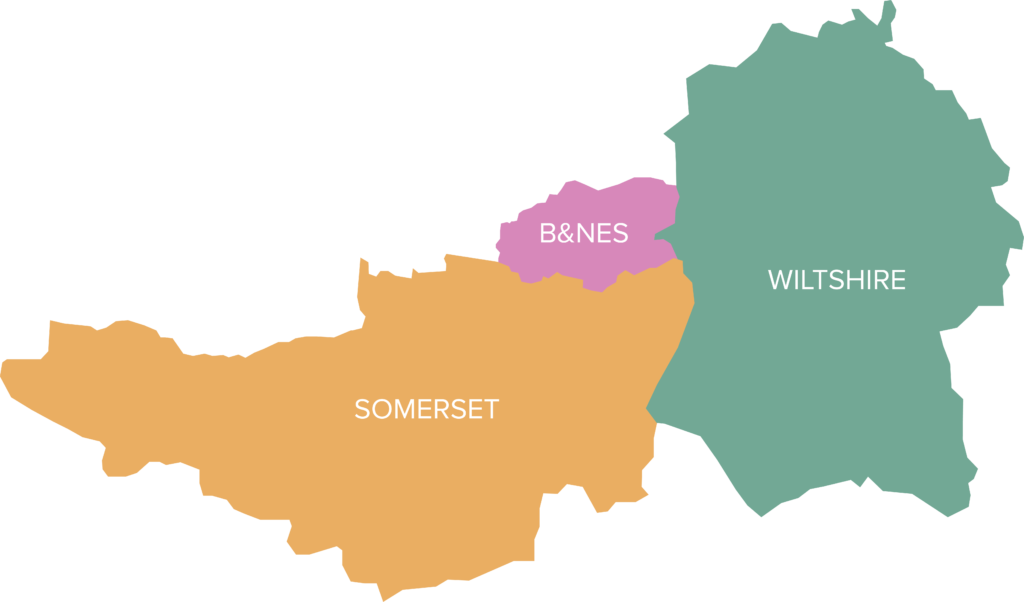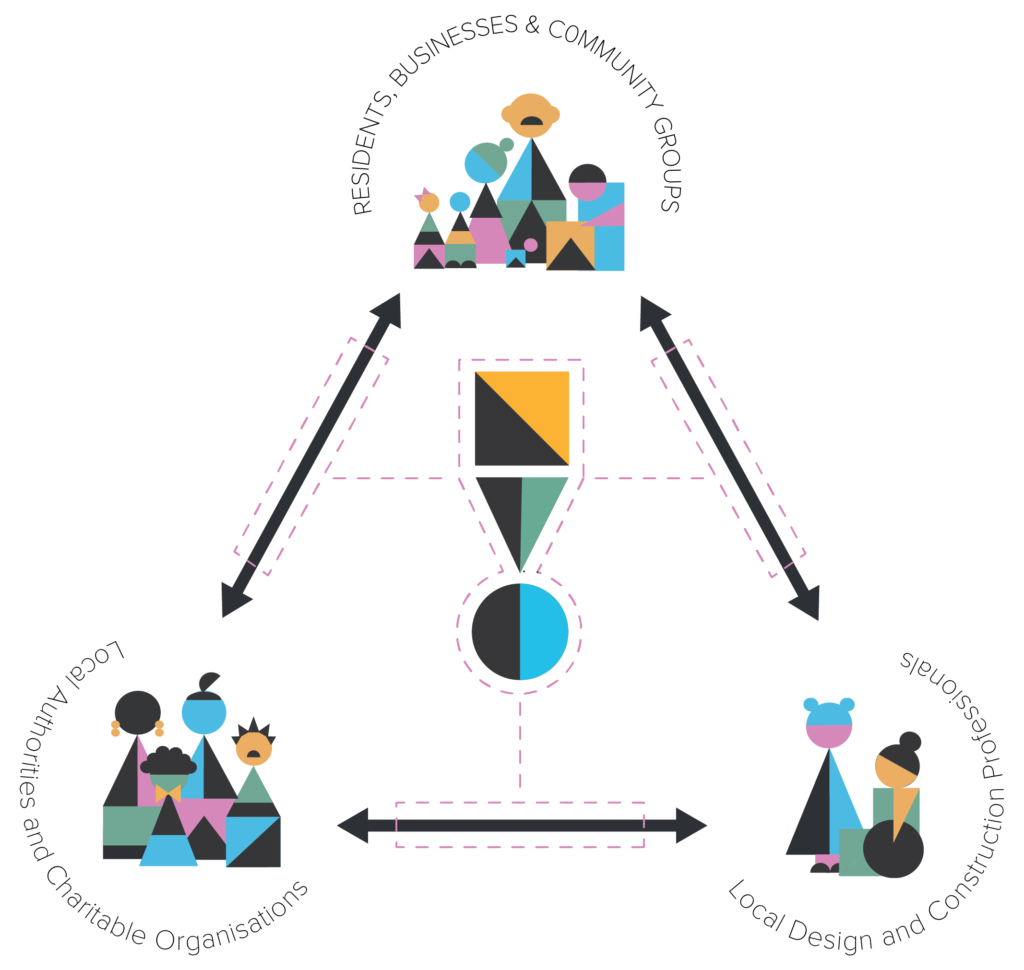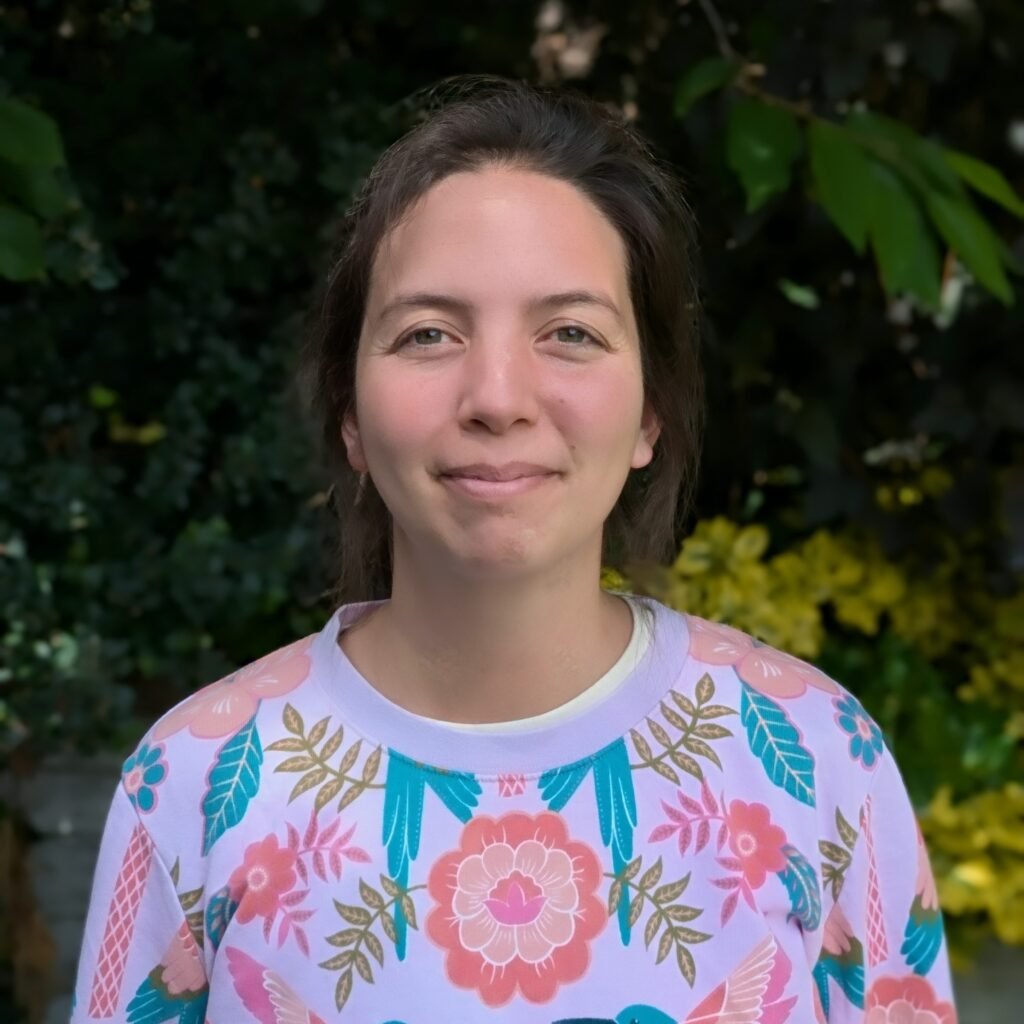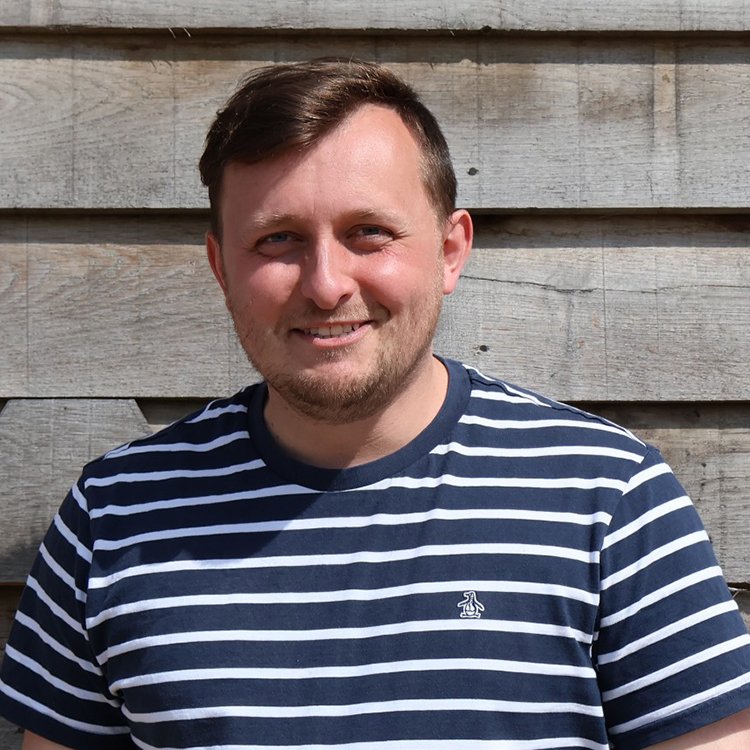What is NTB?
At Neighbourhood Toolbox, design is for all! Our mission is to ensure everyone can access the tools needed to EXPLORE, DESIGN, REALISE & CELEBRATE homes, communities and neighbourhoods that work for us all!
NTB is here to support all projects – no matter how small or big – to move from the earliest seed of an idea through to completion and use. Underpinning all this is our four key missions which reflect the four stages of every project:
#1: EXPLORE

All community members can EXPLORE their project ideas; supported to investigate, learn, debate and collaborate to develop the governance and identify and prepare processes to deliver good projects that can help overcome local need.
#2: DESIGN

All community members can DESIGN their projects, supported by building their capacity to access the skills, resources and professional expertise to create participatory processes and design sustainable solutions that meet local needs.
#4: CELEBRATE

All community members can CELEBRATE their projects; prepared to successfully run and maintain them, reflect on successes, and learn from challenges so knowledge is shared to support others to deliver similar projects more successfully in the future.
#3: REALISE

All community members can REALISE their projects; supported to attract investment, and acquire the tools, skills and professional expertise required to manage and construct their projects inclusively and sustainably.
Where are we based?
Neighbourhood Toolbox is currently operating it services across the Bath and North East Somerset, Somerset and Wiltshire. If you are based in these areas please don’t hesitate to contact us with your ideas for how we can collaborate.

Who benefits?
Put simply, we all do! Neighbourhood Toolbox aims to work across all parts of the community. As facilitators, all our work seeks to strengthen bonds, build trust & capacity and upskill all stakeholders to perform their role successfully to realise the regeneration of our neighbourhood. Through our programme, we aim to strengthen community partnerships between:

Residents, Local Businesses & Community Groups
NTB champions people-led design, creating accessible programmes to ensure everyone—especially those with limited means and time—can access design expertise and succeed in realising their project ideas to benefit their homes, communities and neighbourhoods.
Design and Construction Professionals
NTB will nurture local design and construction professionals—particularly young and small—to build their capacity through collective learning and sharing resources, supporting them to grow and diversify their portfolios by realising projects with their local community.
Public Sector & Charitable Organisations
NTB partners with the public sector to help them overcome the increasing resourcing challenges restricting their capacity to deliver community-led design initiatives. Through this partnership, we promote equitable and sustainable design and build confidence to invest in local talented designers.
At present there are many barriers preventing most of us from accessing and participating in the design of our Neighbourhoods. Neighbourhood Toolbox is committed through its work to prioritise and support communities to overcome the following challenges:
What is the need?
Time Poverty
Today, most people find themselves with limited time to realise the personal projects they need to undertake, let alone volunteer and support projects to aid the needs of their wider community.
Defined as the chronic feeling of having too many things and insufficient time to do them, ‘time poverty’ is rising in the UK. In the UK, 6 in 10 people need more time to organise their lives. Research shows that most people are ‘time poor’ and that time poverty can have severe and wide-reaching impacts, including lower well-being, physical health, and productivity.
Though experienced by all, the right to time is currently unequally distributed, and time poverty exists in various forms, including:
- Women, on average, spend over two-thirds (67%) more time than men on unpaid care.
- Low-income families earning less than £1,700 per month spend an average of 3.5 hours daily on unpaid work, excluding childcare.
- Disabled people, on average, spend half an hour more on unpaid work daily.
With the UK already having some of the most prolonged working hours in Europe – on average 42.5 hours a week – it is concerning to find that this has been extended by a further 48 minutes due to new working methods becoming formalised through the recent pandemic. It is therefore unsurprising to see a drop in volunteering levels across the UK. NCVO research shows a continuous drop from 29% (2012/2013) to 16% (2021/2022) of people volunteering their time at least once a month in the UK. This fall in volunteering is significant as it is linked to a fall in active citizenship, community resilience, social engagement.
For the Neighbourhood Toolbox, the key to overcoming this is a three-step process: recognise, reduce, and redistribute. As an organisation, we will work with communities to overcome time poverty resulting from cultural norms. Creating platforms for community challenges to be discussed and identified and solutions designed and realised to make everyone’s lives simpler and minimise the wasted time communities spend in their daily lives.
Limited Means
Nervousness around the affordability of good design services prevents many seeking the specialist design support needed to enable them to deliver their projects effectively.
In 2021, the UK government estimated that the average weekly income of a UK household was £539. This is alarming, considering the average UK household spends £628 per week on essential living expenses. It is unsurprising to hear that the proportion of UK adults worried about the impact of the cost of living on their lives has reached four in five (81%). Of these, two-thirds (66%) express that this is at least somewhat negatively impacting their mental health.
With most struggling to cover the day-to-day essential living costs, it is unsurprising that most cannot invest in improving their homes, let alone consider supporting projects that benefit our communities.
In this state, our population naturally turn to the public sector for solutions to support us and our neighbourhoods. Unfortunately, the Local Government Association has predicted that the local government sector will face a funding gap of £7.8 billion by 2025. This lack of investment from Westminster will force local councils to make difficult decisions within their restricted means, prioritising portfolios for essential services.
Under this compromised state, status quo, short-sighted solutions will inevitably be prioritised, which will, in the long term, further impact our communities’ sustainability, both environmentally, economically, and socially.
Neighbourhood Toolbox is committed to helping our communities to tackle this. Our work seeks to develop an economy of sharing by facilitating and maintaining a shared toolbox where support, resources, and means are made available to all. We facilitate residents, businesses, community groups, charities and local authorities to work in partnership and identify affordances to minimise duplication and waste and maximise outputs within the means available. We believe in sharing and can unlock new economies of scale and ensure that all projects delivered are essential and capable of responding to the complexity of the needs of the community it serves.
Perceived Powerlessness
Political and societal systems and project processes can feel overwhelming and obscured by industry jargon and complicated regulatory systems, leaving many disempowered to take action to improve their communities.
Recent polls have found that two-thirds of the UK public feel powerless over decision-making and have little or no opportunities to influence decisions made in their local counties and Westminster. The UK population reflected this in the voter turnout at the recent May 2023 regional election, where only 32% of the eligible population voted.
Inequality across the population is one of the fundamental causes of powerlessness. The distribution of income, wealth, and power shapes social inequalities within populations. Significant disparities in income and wealth impact the distribution of power as they allow the better off in any society to take advantage of their circumstances more. Data shows that inequality in the UK is very high. Assessments of Income inequality show that the wealthiest fifth earn over 12 times the amount earned by the poorest fifth. Assessments of wealth inequality are even more severe, showing that the wealthiest 10% of households hold 43% of all wealth. The poorest 50%, by contrast, own just 9%.
Given that the UK’s current social and political model allows inequality in income and wealth to exist, it is not surprising that inequality has arisen with power and that people feel powerless to participate.
The Neighbourhood Toolbox seeks, through its work, to rebalance power relationships across our communities to ensure we move away from the individual type, POWER OVER, towards a more collective type, POWER WITH. We will strive to create cohesion across the communities we work with, restoring their belief that all community members have an equal stake in assuring the success and future of their neighbourhood.
Devaluing Design
The perceived value of ‘good design’ is marginalised. It is seen as a ‘nice to have’ rather than a fundamental element to maximise project outcomes to create greener and healthier places for all.
Good design is crucial to overcoming the global challenges of Climate Change and improving the Health and Well-Being of all people.
The built environment is responsible for almost 40% of global carbon emissions; therefore, designers have a significant role in ensuring this is reversed to help tackle climate change. According to the Royal Institute of British Architects, architects need to do more to meet promised energy efficiency standards and not give due consideration to ensuring they are designed to use low-carbon materials and methods of construction and are cost-effective to run and maintain once they are in use.
The World Health Organisation now defines health not as the absence of ill health but as “a state of complete physical, mental and social well-being.” Health is no longer simply a question of access to medical treatment; it is determined by a range of factors related to the quality of our built environment. Relative to other high-income countries, the UK is lagging on many health outcomes, such as life expectancy and infant mortality, and there is a growing burden of mental illness and an ageing population.
Good design is crucial to overcoming the ongoing challenges and improving the environment and health of our neighbourhoods. It ensures that local project solutions are found and respond to the unique constraints to find the optimal solution.
At the Neighbourhood Toolbox, we champion good design to ensure our communities can access sustainable and healthy neighbourhoods that safeguard their users’ environment and well-being. Creating a more open and local dialogue between communities, designers, and construction professionals is vital to building a more proactive, collaborative, and inclusive design nature. Through our work, we aim to develop local networks and empower clients and design and construction professionals to collaborate earlier to ensure projects at the idea formation establish a greener and healthier future for all.
Who is in the team?

Lizzie Venning
Is Co-Director of NTB and an Architect with experience of designing and delivering a range of projects including affordable workspace and cultural venues across London. She has also worked as a part of the Restoration and Renewal Programme at the Houses of Parliament. Since returning with her young Family to Somerset she has freelanced as an Architect on residential and community projects.
Lizzie has also been part of the formation of Learning to Lead CIC, and as Non-Executive director worked with educational bodies to provide governance structures, training and co-production tools to enable students to run self-initiated projects within their local communities.

Ash Watkins
Is Co-Director of NTB an Architect with experience of working for local authorities -including Barnet, Camden and Waltham Forest – on area based and community-led regeneration programmes. His time at the Greater London Authority saw him work in partnership with local communities, charities and local authorities across London to deliver projects in alignment with the Mayors Good Growth by Design programme.
Before this, Ashleigh worked as a Project Architect with experience in delivering projects including strategic area design frameworks and masterplans, public parks & playgrounds, high street public realm improvements, sports venues, educational and community facilities.
